From Water to Air: Scientific Pathways towards a Clearer, Cleaner Future
November 5th and 6th
St. Prex/Lausanne, Switzerland

Next Breath is a charity that aims to bring advances in the cleaning of air emerging from the COVID-19 pandemic to those of the world’s 1.6 billion children most at risk of the health and learning risks of dirty air. Led by Lorie Karnath, founding editor of Molecular Frontiers Journal, Next Breath is leveraging charitable support to organize in late 2021 an international scientific conference called The Next Breath in Lausanne in partnership with the World Frontiers Forum, while partnering with other nonprofit and for-profit organizations to bring the simplest and most accessible non-therapeutic interventions to the kids who most need them.
Conference Speakers
Donald Johanson, PhD
Founding Director and Virginia M Ullman Chair in Human Origins Faculty w/ Admin Appointment, TEMPE Campus, Arizona State University Founding Director of the Institute of Human Origins
“When we look at humans in the perspective of time, it is humbling and disconcerting to see how much we have impacted the planet, for better or for worse since our relatively recent arrival.”
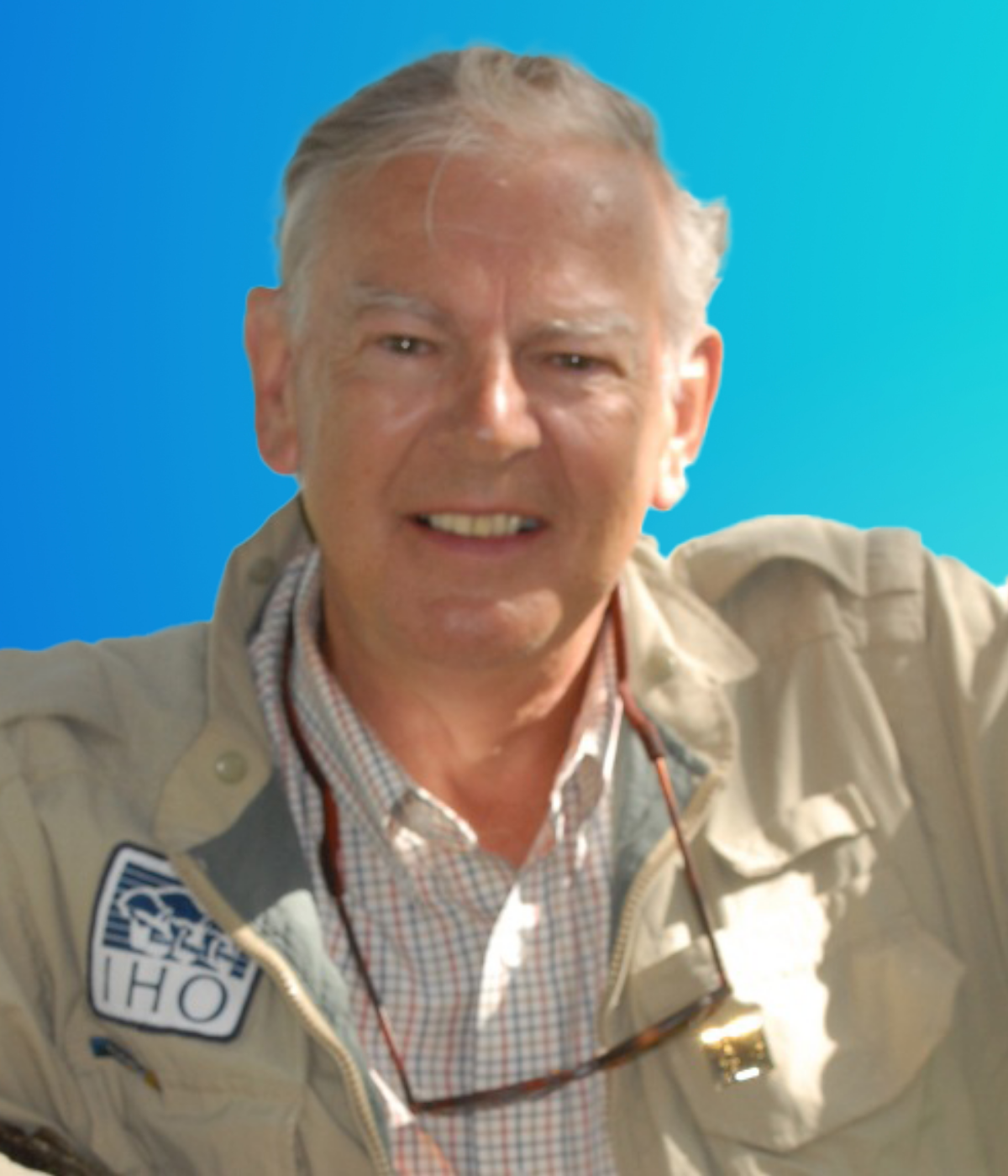

Erling Norrby, MD, PhD
Royal Swedish Academy
From Poliomyelitis to the COVID-19 Pandemic. Reflections by a Virologist.
“Viruses are the most prevalent biological entities in our world. They have played a central role in the evolutionary developments of progressively more advanced forms of life. In special cases, they may cause disease that can spread effectively in our present-day global society. The advance of science and technology, not least in the field of molecular biology, allows a control of pandemics.“
Distinguished Professor Lidia Morawska, PhD
Distinguished Professor and Director, International Laboratory for Air Quality and Health
Co-Director for Australia, Australia-China Centre for Air Quality Science and Management
Queensland Technological University
Is Clean Indoor Air a Politically Impossible Goal?
“We live on the planet Earth. We each have one life to live. Keeping this planet habitable, with a clean, unpolluted atmosphere, and filling our indoor spaces, where we spend the vast majority of our time, with air free of pollution and with a minimal level of infectious pathogens, should be our foremost aim and scientific as well as political objective.“
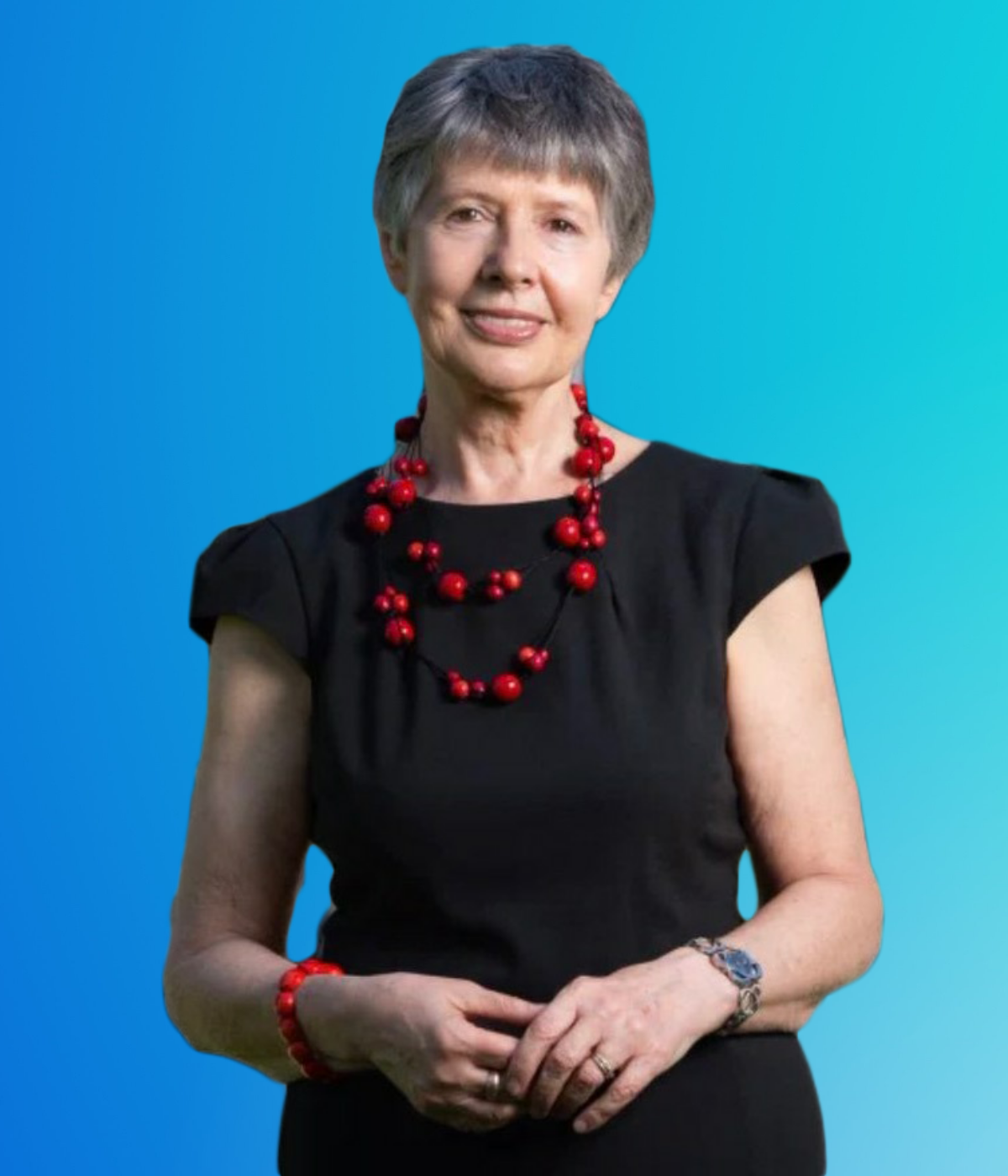
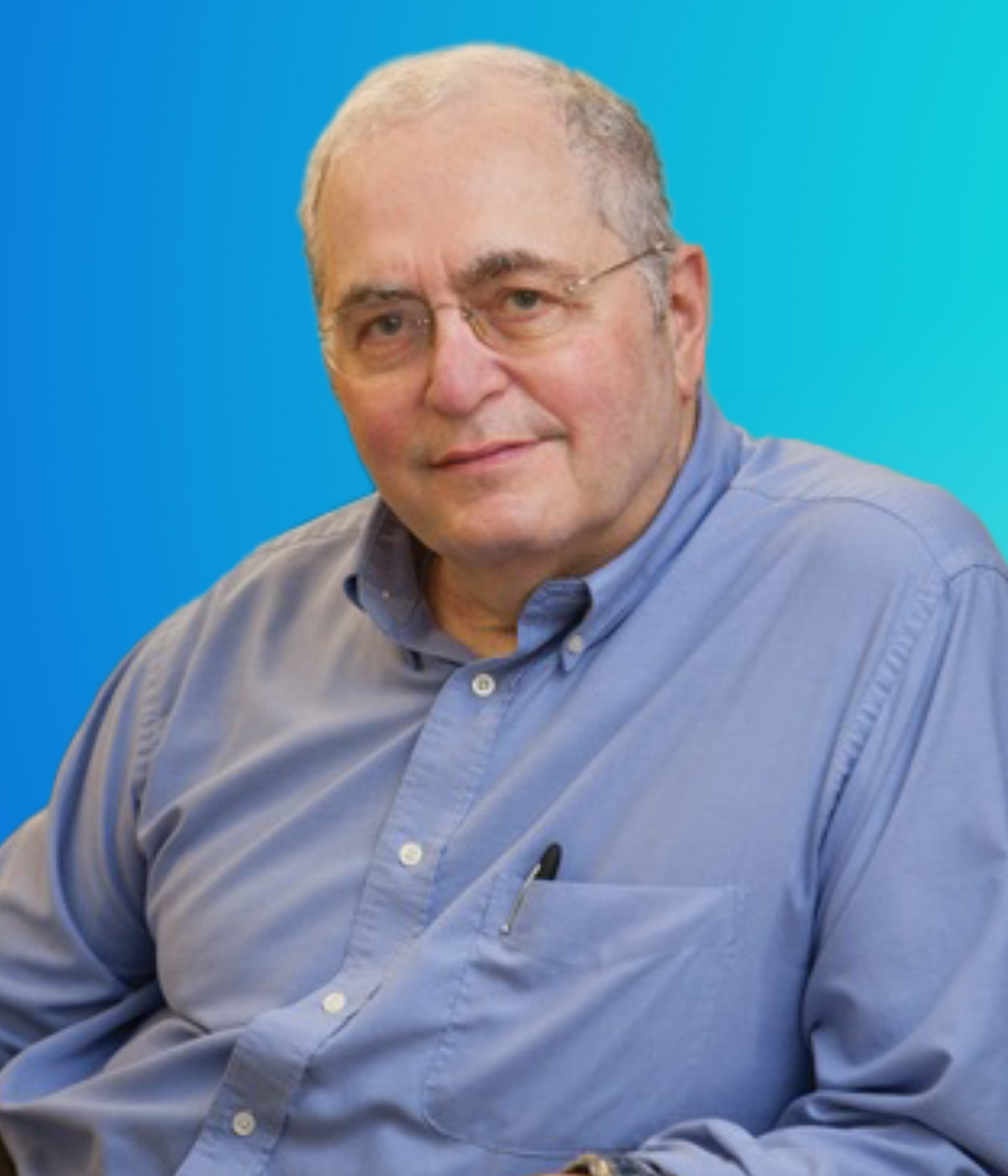
Edward Anthony Nardell, MD
Director of Harvard University Center for the Environment
Sturgis Hooper Professor of Geology & Professor of Environmental Science & Engineering
Harvard University
“Much of the world depends on natural ventilation, that is, open windows, for airborne infection control. But windows are being closed because of increasing heat, humidity, and air pollution around the world, especially in countries with both climate change and sufficient resources in the population to install air conditioning. The result is an immediate sharp increase in the risk of airborne infections such as Covid-19, influenza, and tuberculosis. Although immunization and effective disease control are part of the solution, replacing outdoor air ventilation with efficient air disinfection is another important intervention that is not currently being done.”
Carolin Elizabeth George, MBBS, MD
Director, Community Health, Family Medicine, Palliative care & Research Division
Bangalore Baptist Hospital
“If you wish to change air quality, society in its entirety has to change. This takes time and until this happens if you have a way to keep people’s airways clean, this can provide a way to help.”
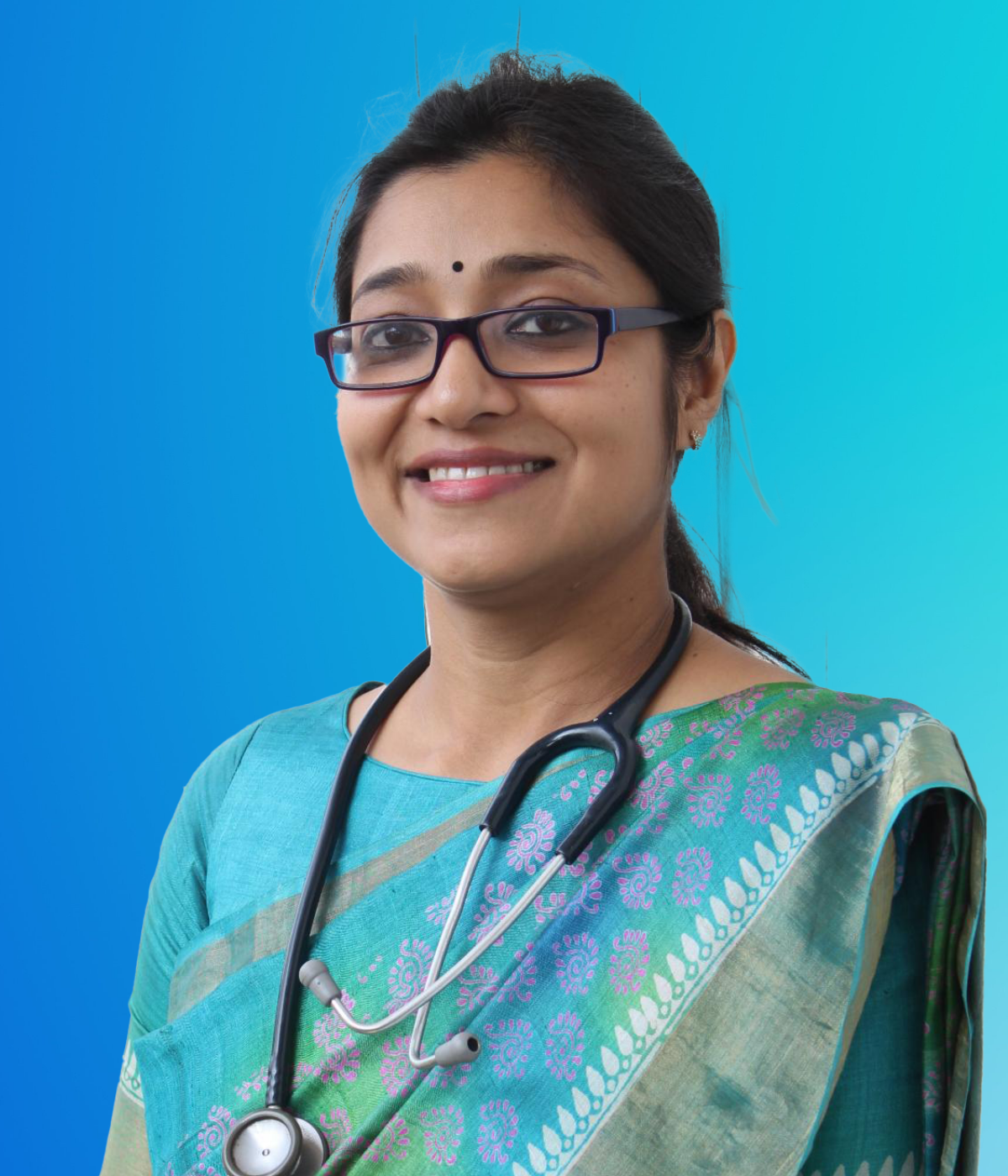
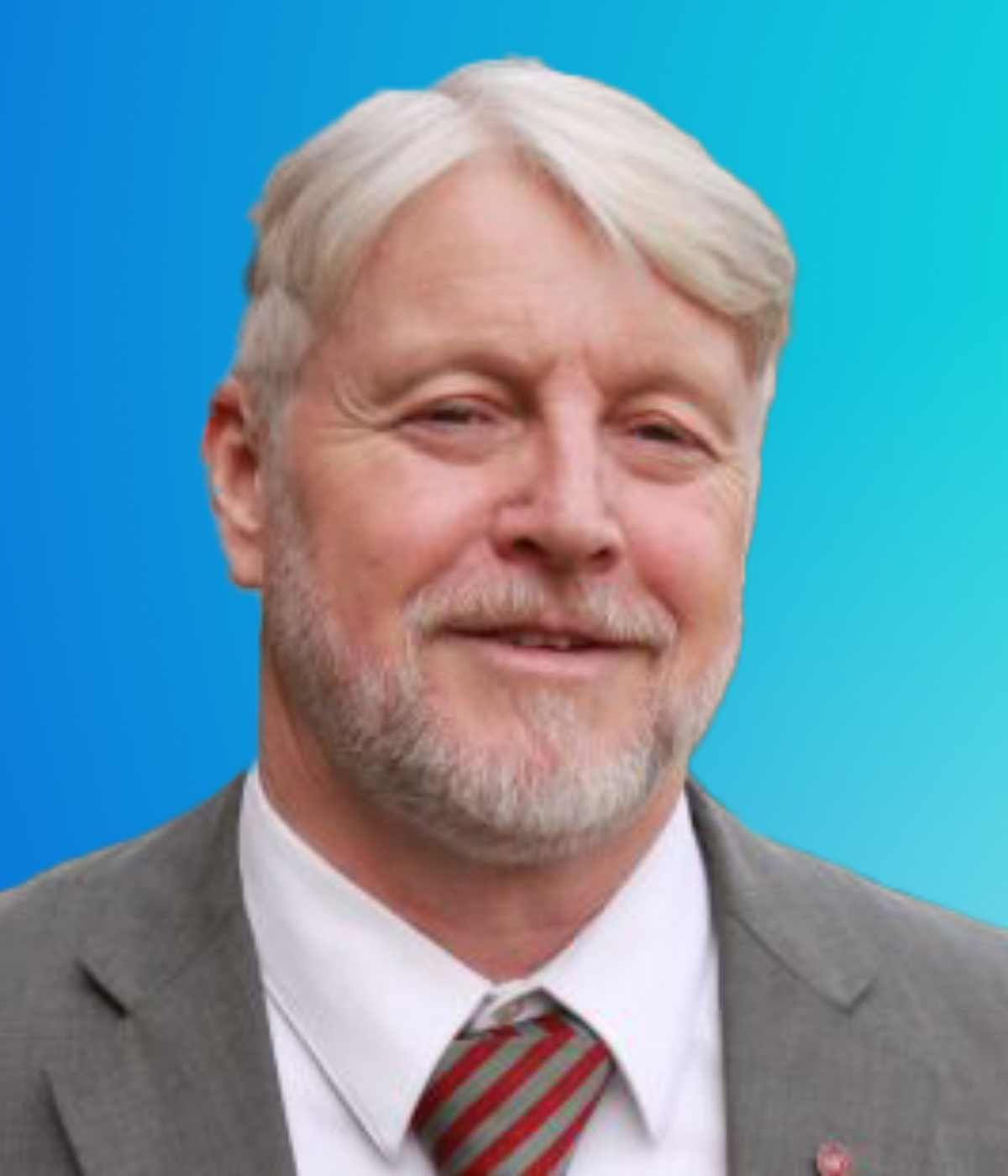
Anthony J. Hickey, PhD
Distinguished Fellow
RTI International
“The Lungs are a window to the environment. Nature can instruct us on keeping the window clean.”
Peter Friberg, PhD
Co-founder & Director, Swedish Institute for Global Health Transformation (SIGHT)
Professor of Global Public Health, Sahlgrenska Academy, Gothenburg University
The Need for Multisectoral Action for Human and Planetary Health
“My vision and task is to make the most for a good health and well-being for today’s and coming generations.”
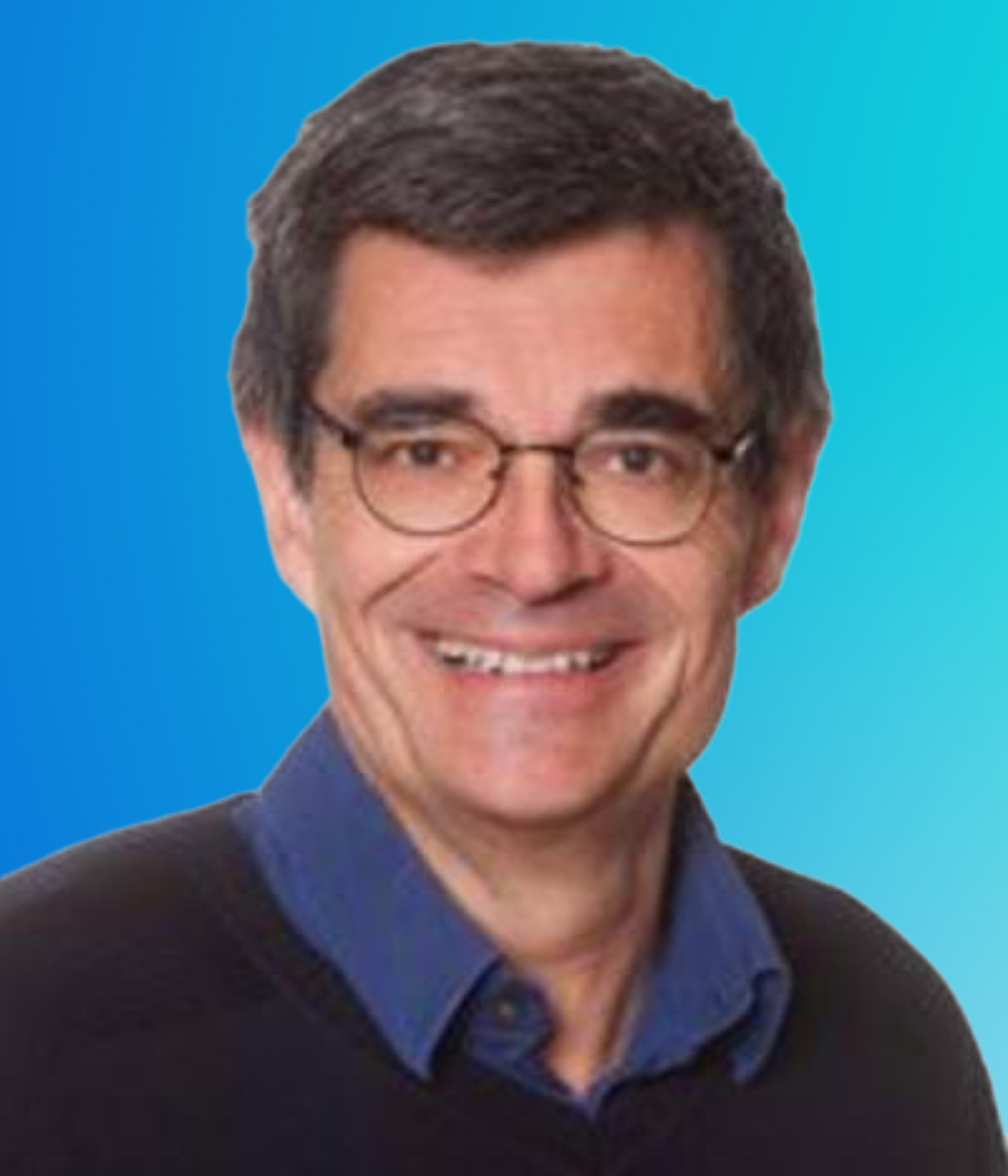
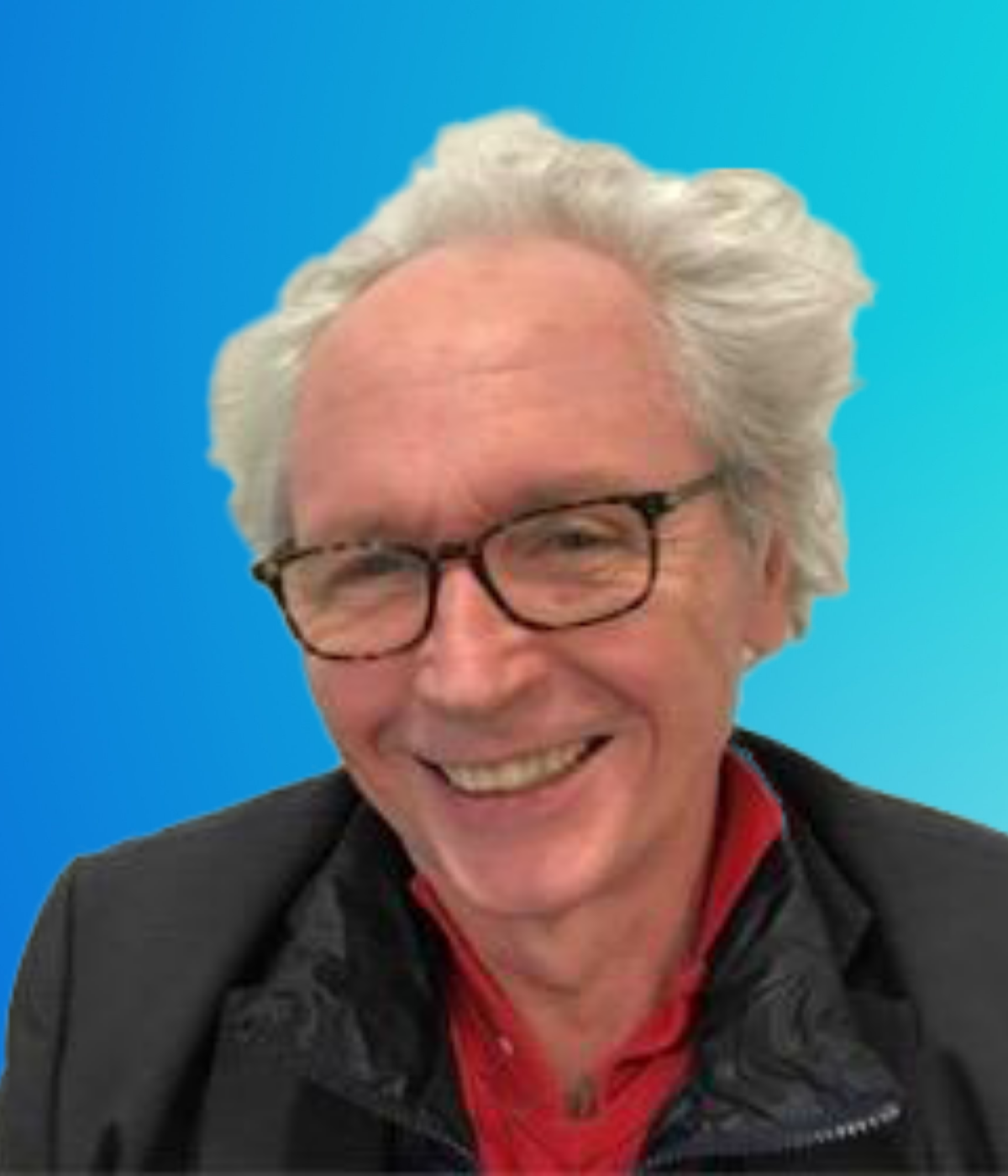
Göran Tomson, PhD
Counselor Presidents Office UN Agenda 2030 KI
Senior Advisor, SIGHT
Professor of International Health Systems Research, Korlinska Institute
“Global health needs the 3 i’s – interdisciplinary and implementation research as well as intersectoral approaches.”
John Grove, PhD
Director of Quality Assurance for Norms and Standards, World Health Organization
WHO Representative on SIGHT Advisory Group
“Linearity and traditional thinking on these problems only take us so far – we have to put the time and effort in to considering dynamics of people, places and pathogens in both research design and policy recommendations.”
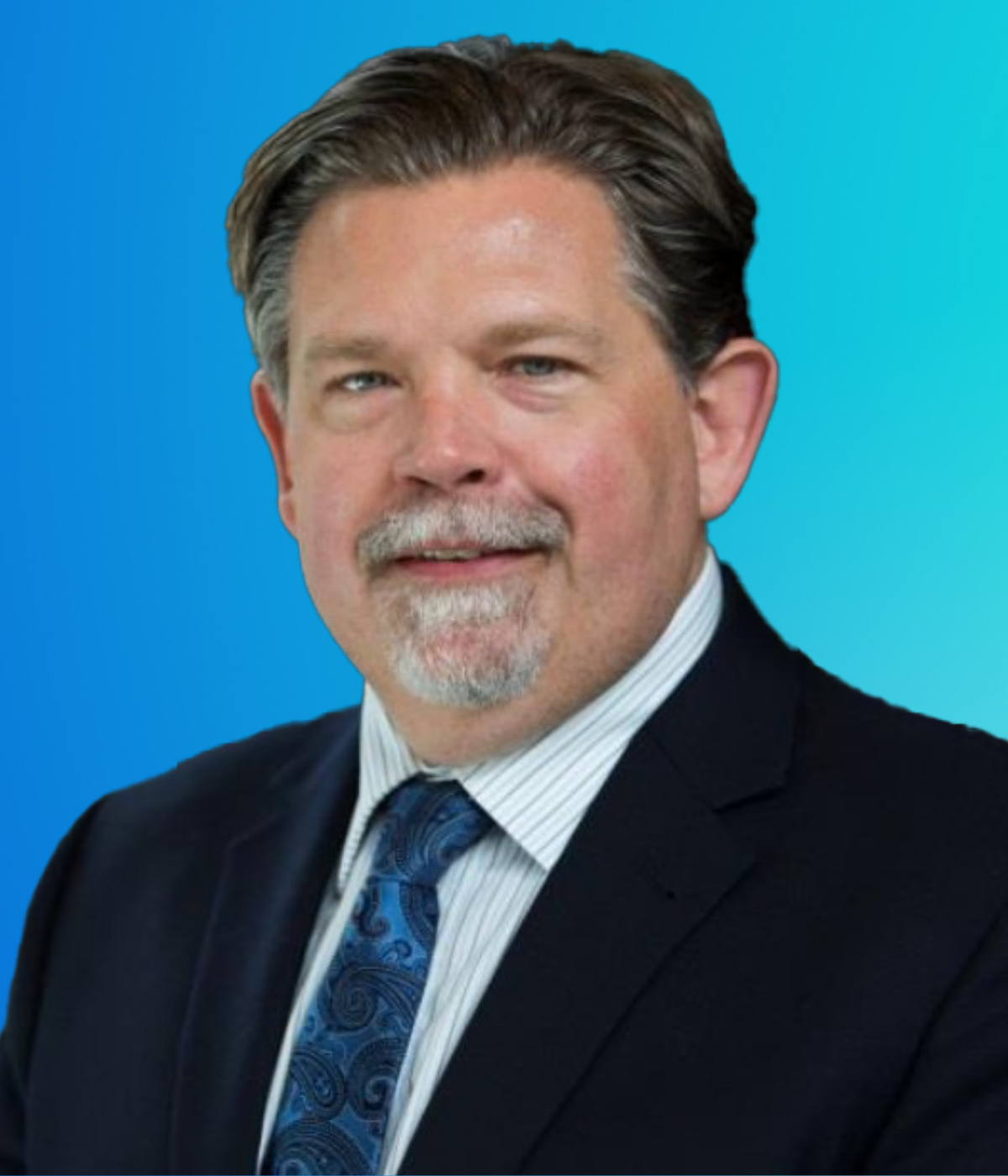
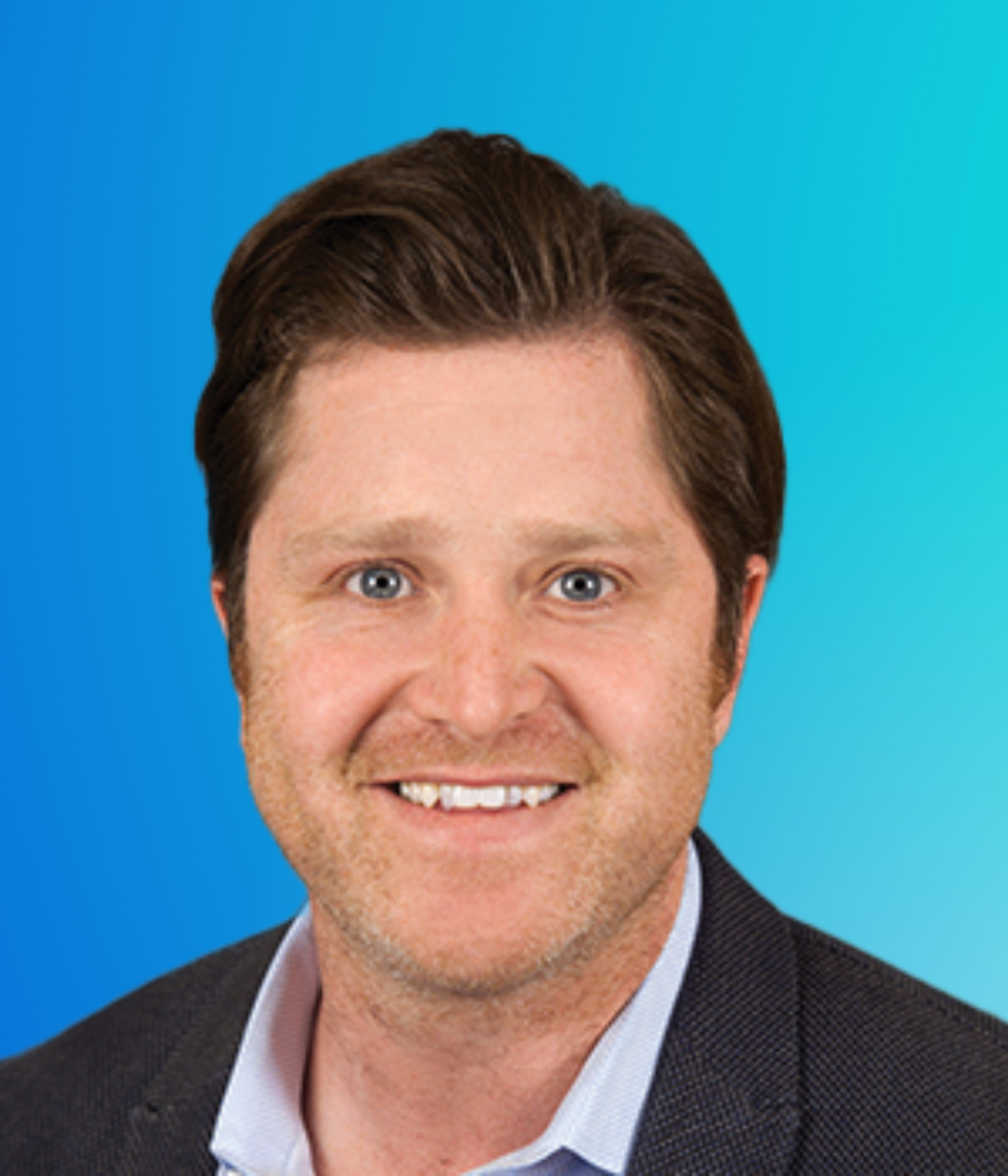
John Brownstein, PhD
Chief Innovation Officer, Boston Children’s Hospital
Professor, Harvard Medical School
“While the COVID-19 pandemic has exposed deep global vulnerabilities, it has also unlocked a tremendous amount of science compressed in a short two year span. Transformational research ranging from vaccine discovery all the way to aerosol science will hopefully lay the foundation for our ability to detect and respond to future pandemics.”
Michael Barer, PhD
Professor of Clinical Microbiology and Honorary Consultant Microbiologist
University of Leicest
“I have been astonished by the likely scale of our microbial exchange through the air revealed by sampling with face masks. Just breathing, let alone talking, singing, and shouting releases thousands of organisms every minute from different parts of our respiratory systems. The beasts we breathe ou spread infection, but do they influence our lives in other ways?”
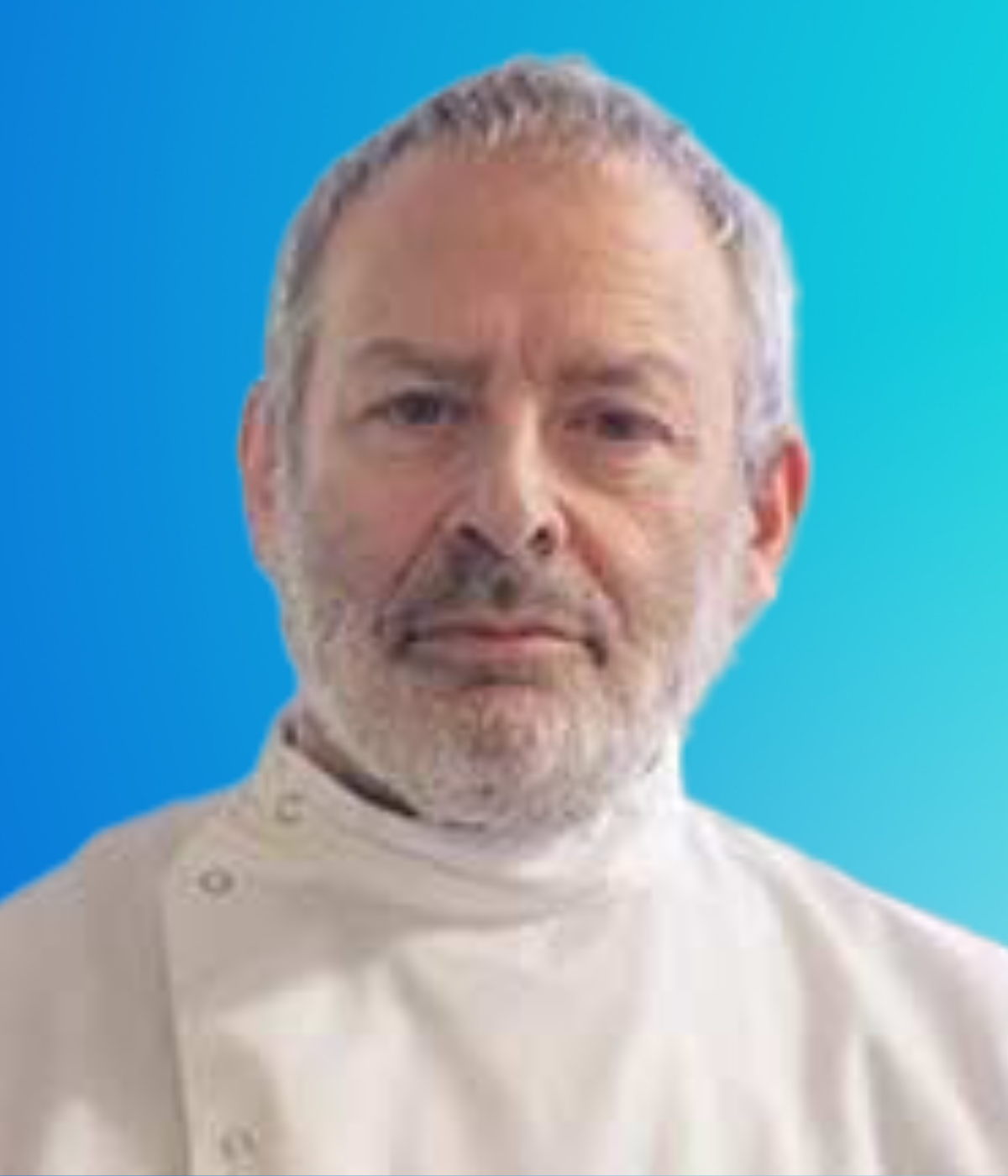

Gerhard Scheuch, PhD
CEO, GS Bio-Inhalation
“It is important to understand, that even quiet breathing is enough to generate aerosols in the deep lung which are exhaled. A viral infection intensifies this process so that several orders of magnitude more aerosols are produced and exhaled. In that way, a person becomes a ‘virus super-emitter’ and may cause a cluster infection.”
Robert Langer, PhD
American Chemical Engineer, Scientist, Entrepreneur, and Inventor
One of the twelve Institute Professors at MIT
“I’ve really enjoyed doing basic research on micro and nano particles and it’s been remarkable for me to see the impact these particles have had on the world.”
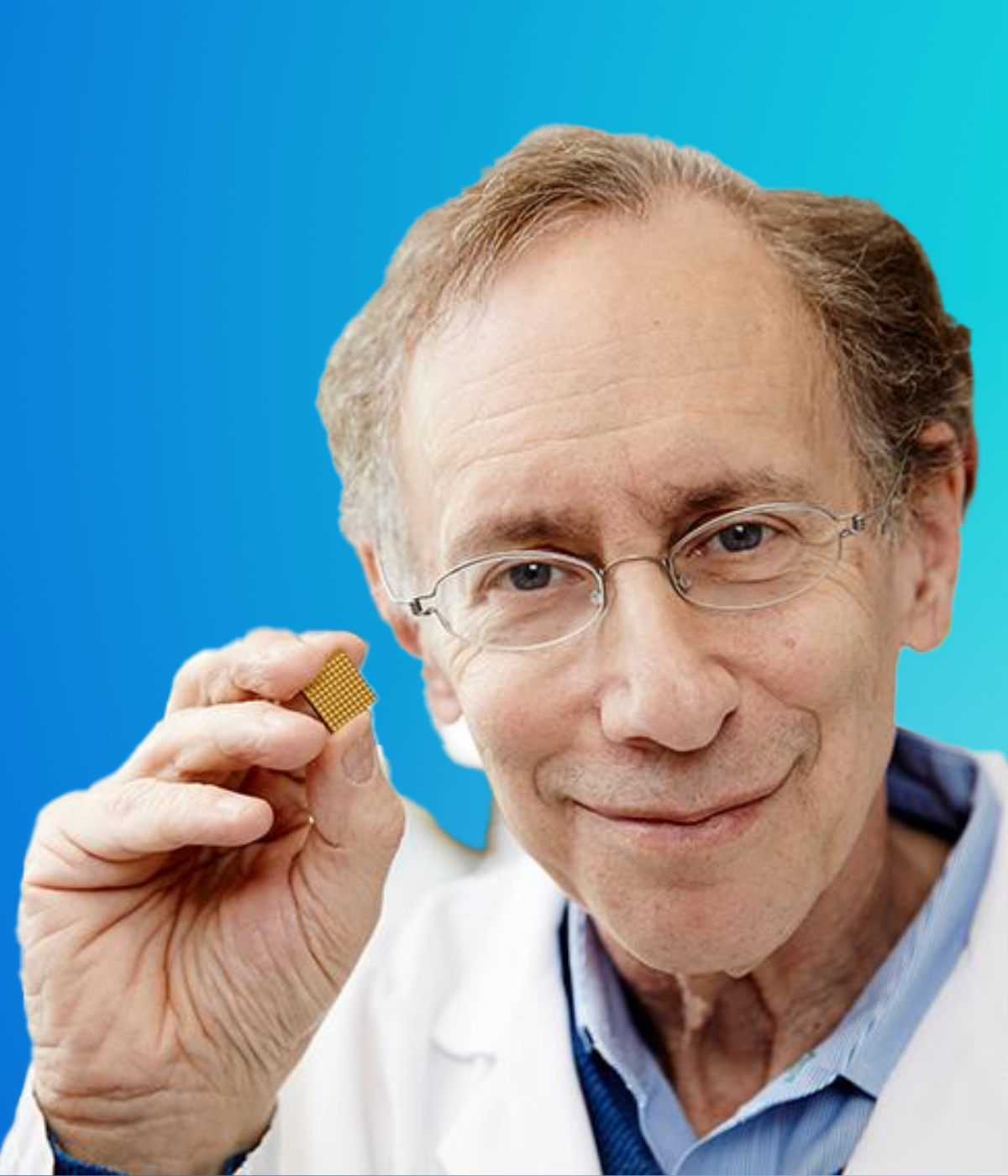
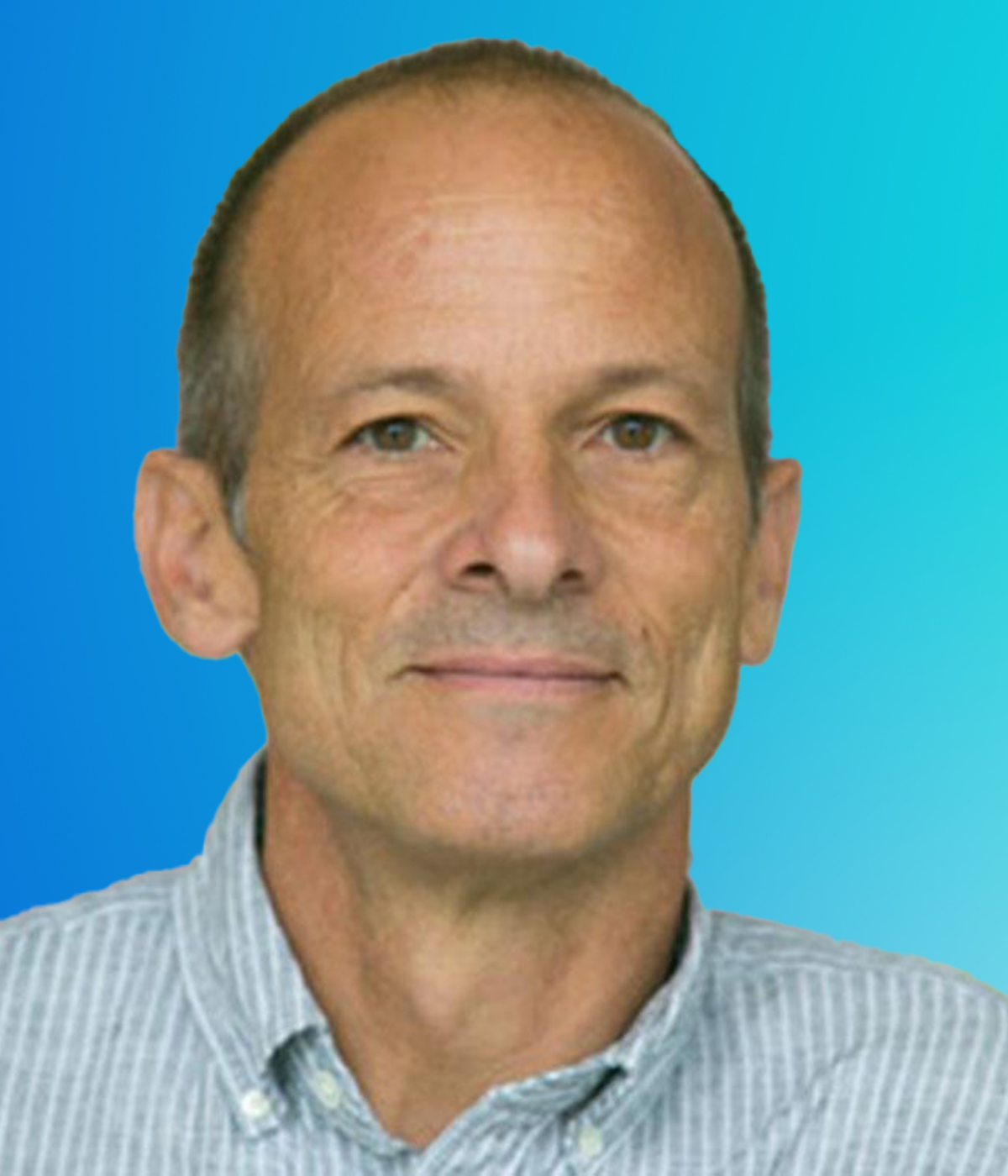
Peter Small, PhD
Founding Director, Stony Brook’s Global Health Institute (GHI)
Affiliate Professor of Global Health, University of Washington
Chief Medical Officer, Hyfe, Inc
“Cough is a rich signal that contains information about the health of individuals, communities and environments. The ability of AI enabled devices to monitor coughing will empower patients, improve the delivery of health care, assist pandemic prevention and perhaps provide real time information on air quality.”
Chad J Roy, PhD
Professor
Director, Infectious Disease Aerobiology
Tulane University School of Medicine
“Airborne transmissible infectious disease has plagued humankind for millennia. Gaining a better understanding of the innate contagion of pathogenic aerosols and the complexity of infection remains one of the greatest labors of our time.”

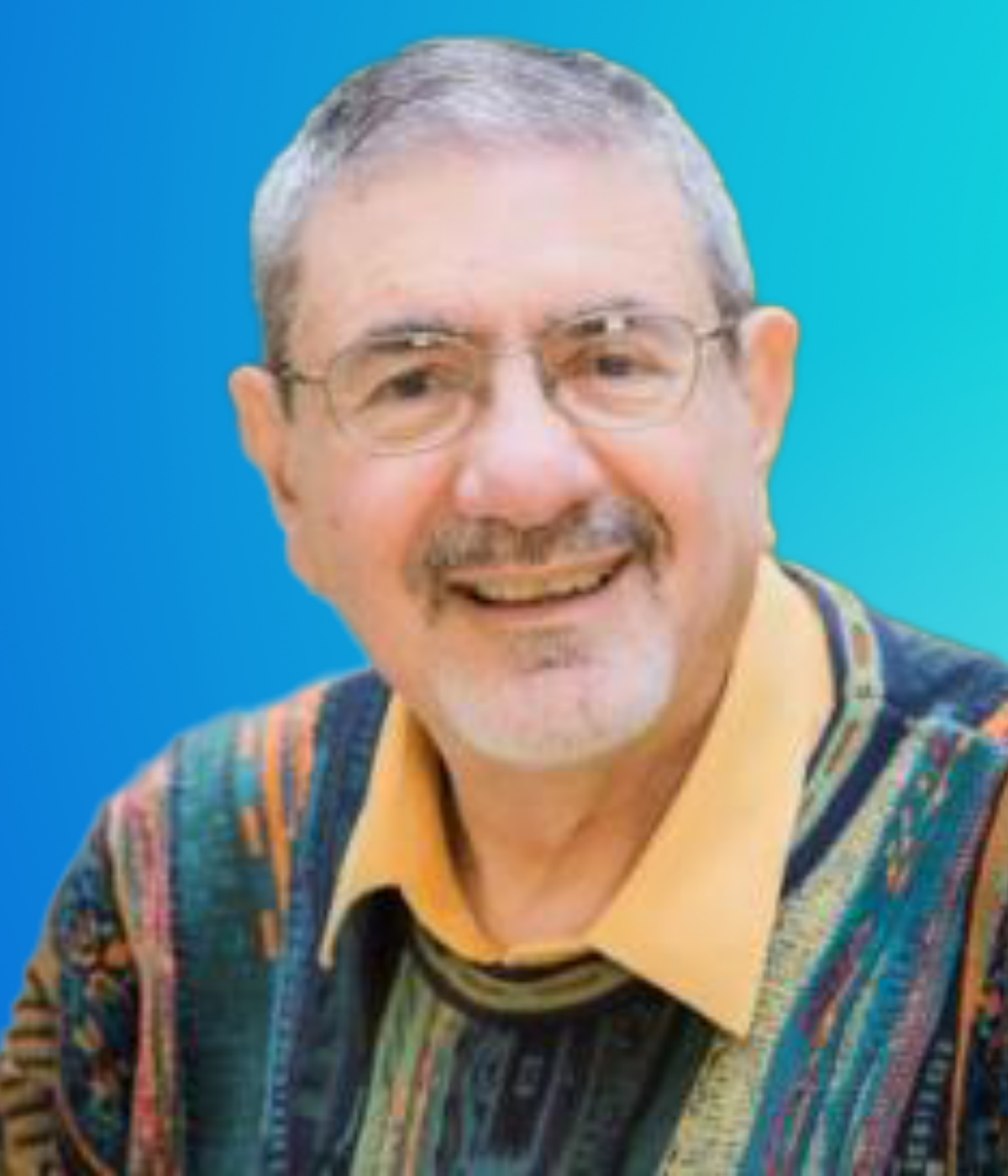
Richard Zare, PhD
Marguerite Blake Wilbur Professor of Natural Sciences & Professor of Physics
School of Humanities & Sciences, Stanford University
Effect of Relative Humidity in Air on the Transmission of Viral Respiratory Infection
“Respiratory disease, caused for example by influenza A or SARS-CoV-2 virus, is known to be seasonal, peaking in the wintertime and falling off in the summertime. The physical and chemical basis for this behavior is suggested in this presentation.”
Melanie Ott, MD, PhD
Director, Gladstone Institute of Virology
Professor of Medicine, University of California, San Francisco
“Airborne pathogens are on the rise and affect everybody. In order to get ahead, interdisciplinary collaborations are necessary to know what is in the air around us all the time.”
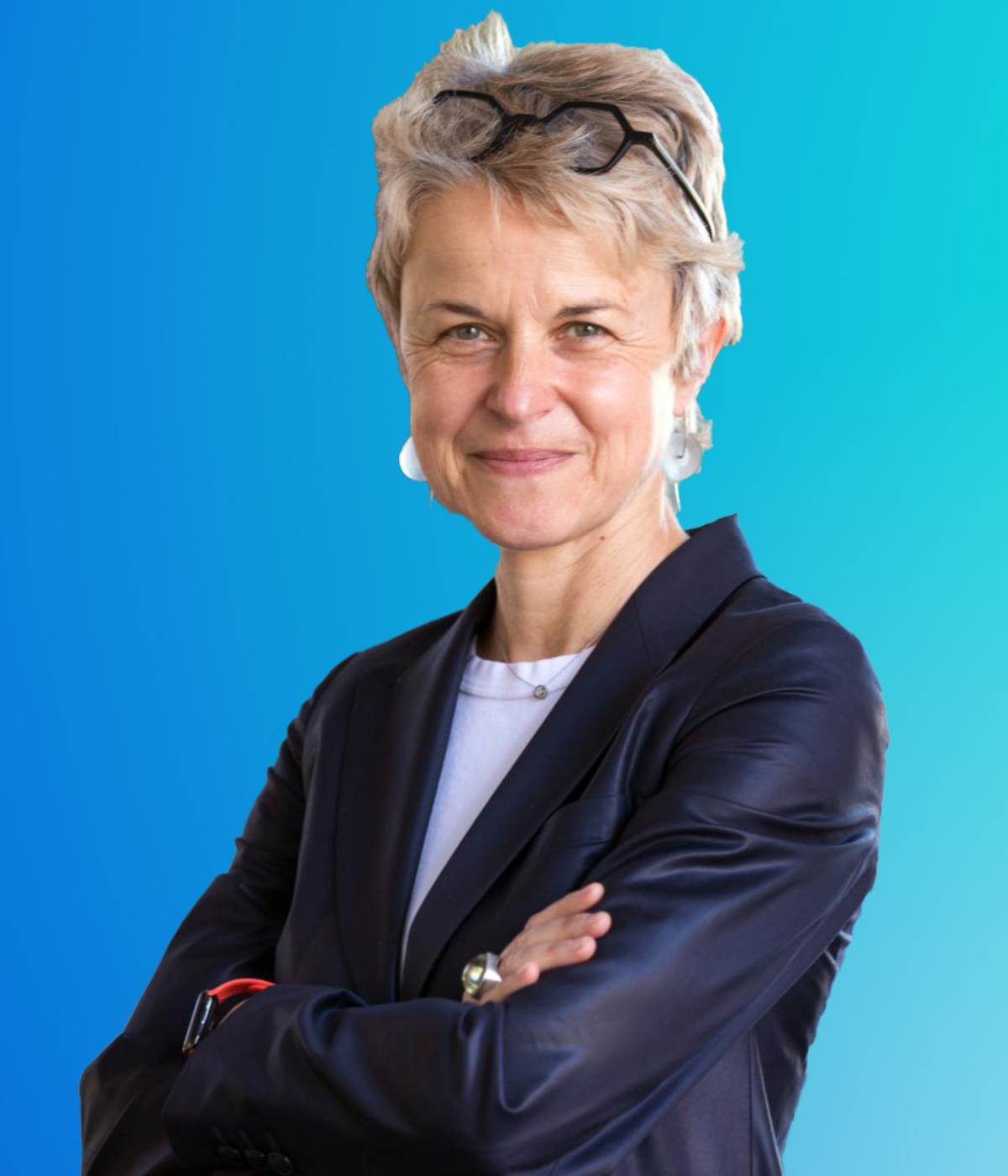

Adriaan Bax, Ph.D.
NIH Distinguished Investigator
Section Chief: Biophysical Nuclear Magnetic Resonance Spectroscopy Section, Laboratory of Chemical Physics
“It’s stunning to see how misunderstood and poorly studied the filtering effects of face masks are, despite being the simplest of all tools in combating COVID-19.”
Kian Fan Chung MD, DSc, FRCP
Professor of Respiratory Medicine, National Heart & Lung Institute, Imperial College London
Respiratory Physician, Royal Brompton & Harefield NHS Foundation Trust
“SARS-CoV2 may travel in the air with particulates. The question is whether this provides an advantage to the infectious agent, and the implications thereof.”
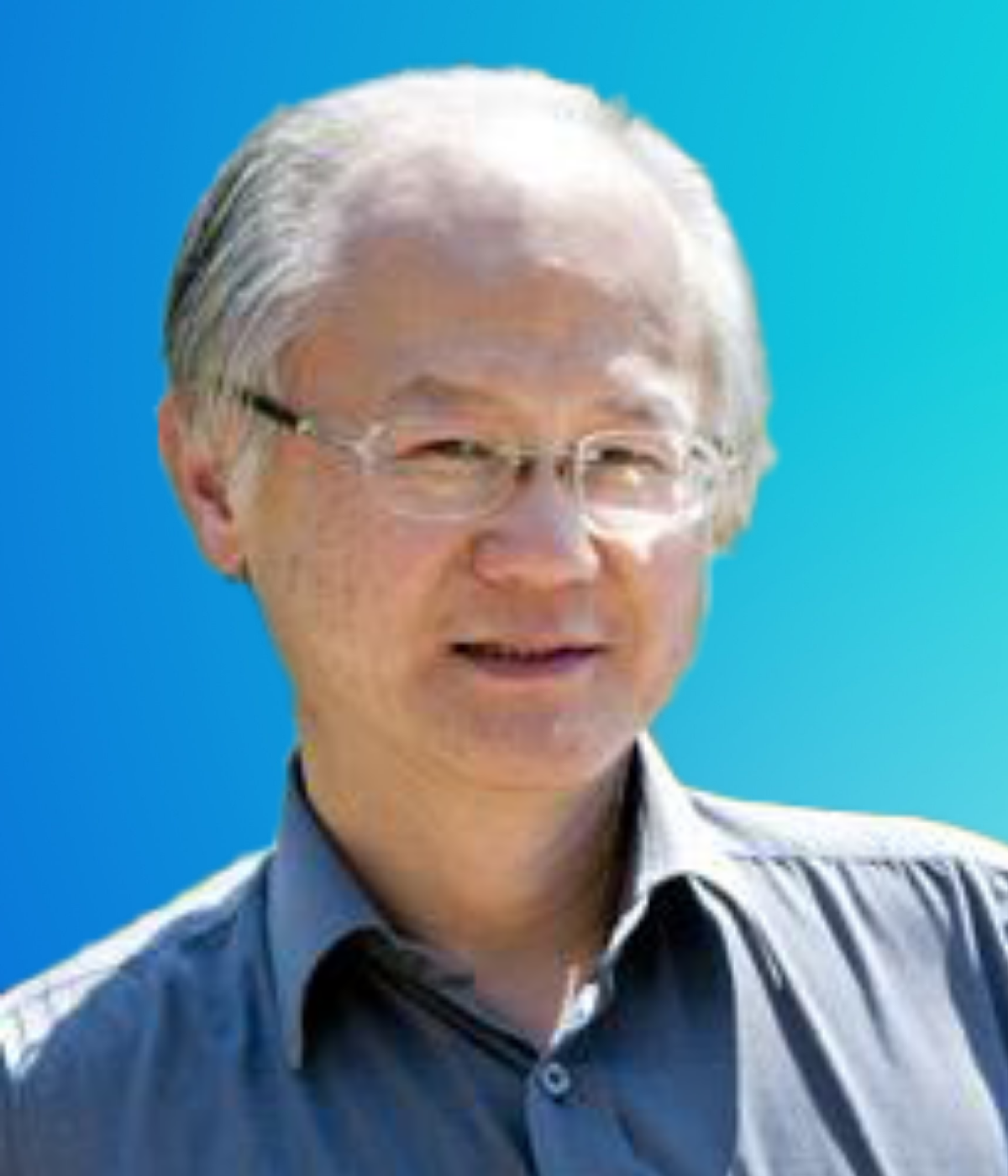
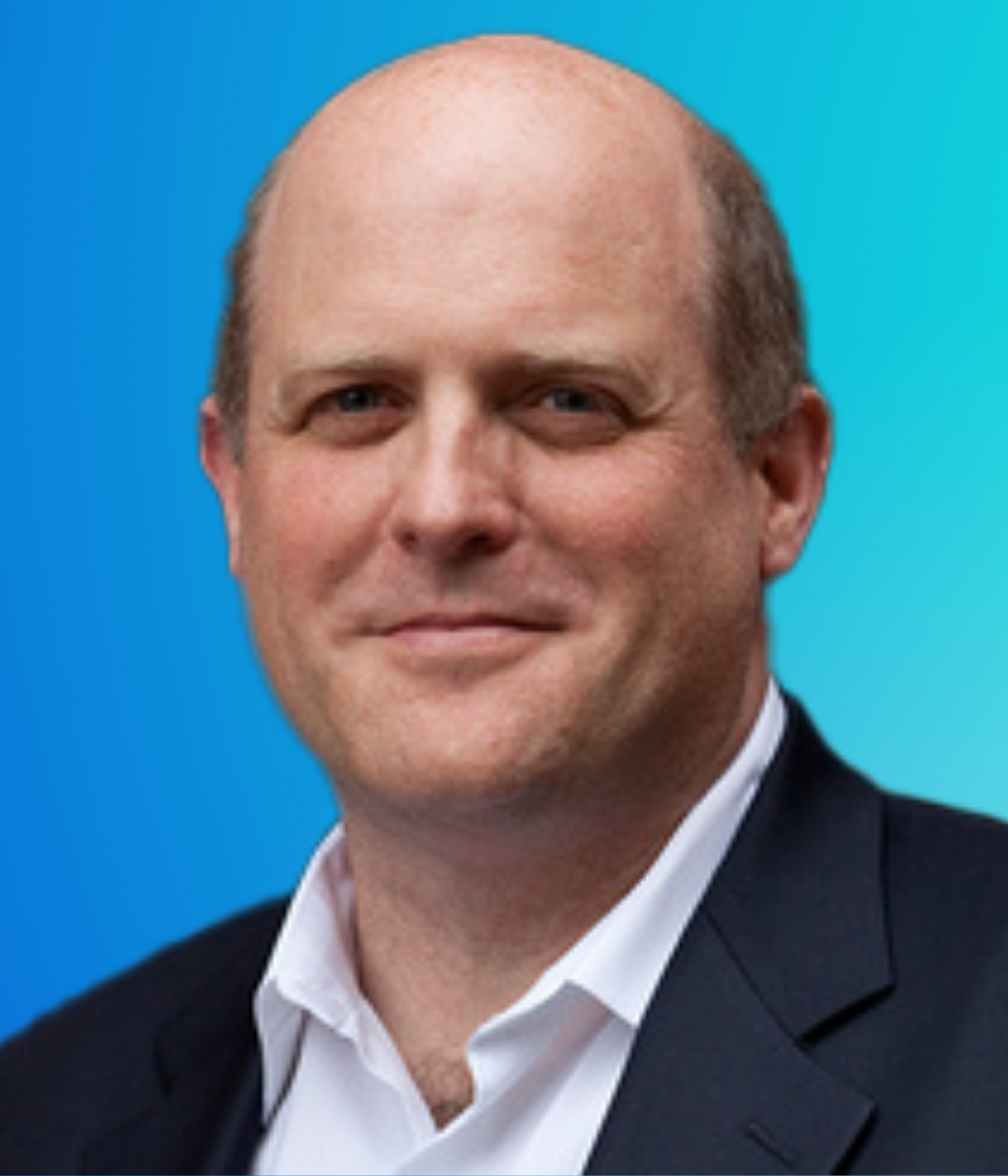
Daniel Schrag, PhD
Director of Harvard University Center for the Environment
Sturgis Hooper Professor of Geology & Professor of Environmental Science & Engineering
Harvard University
“Transforming our energy systems to address the growing threat of climate change has huge potential to transform our experience of urban environments through cleaner air and water. But the re-engineering of our systems also raises major questions about equity and cost that must be addressed if political support for such efforts will be sustained over the coming decades.”
Dennis Ausiello, M.D.
Director, Center for Assessment Technology & Continuous Health (CATCH)
Co-founder of Next Breath and World Frontiers Forum
“As our environment becomes more hostile to our public health, personal, prophylactic hygiene becomes more important to our quality of life.”
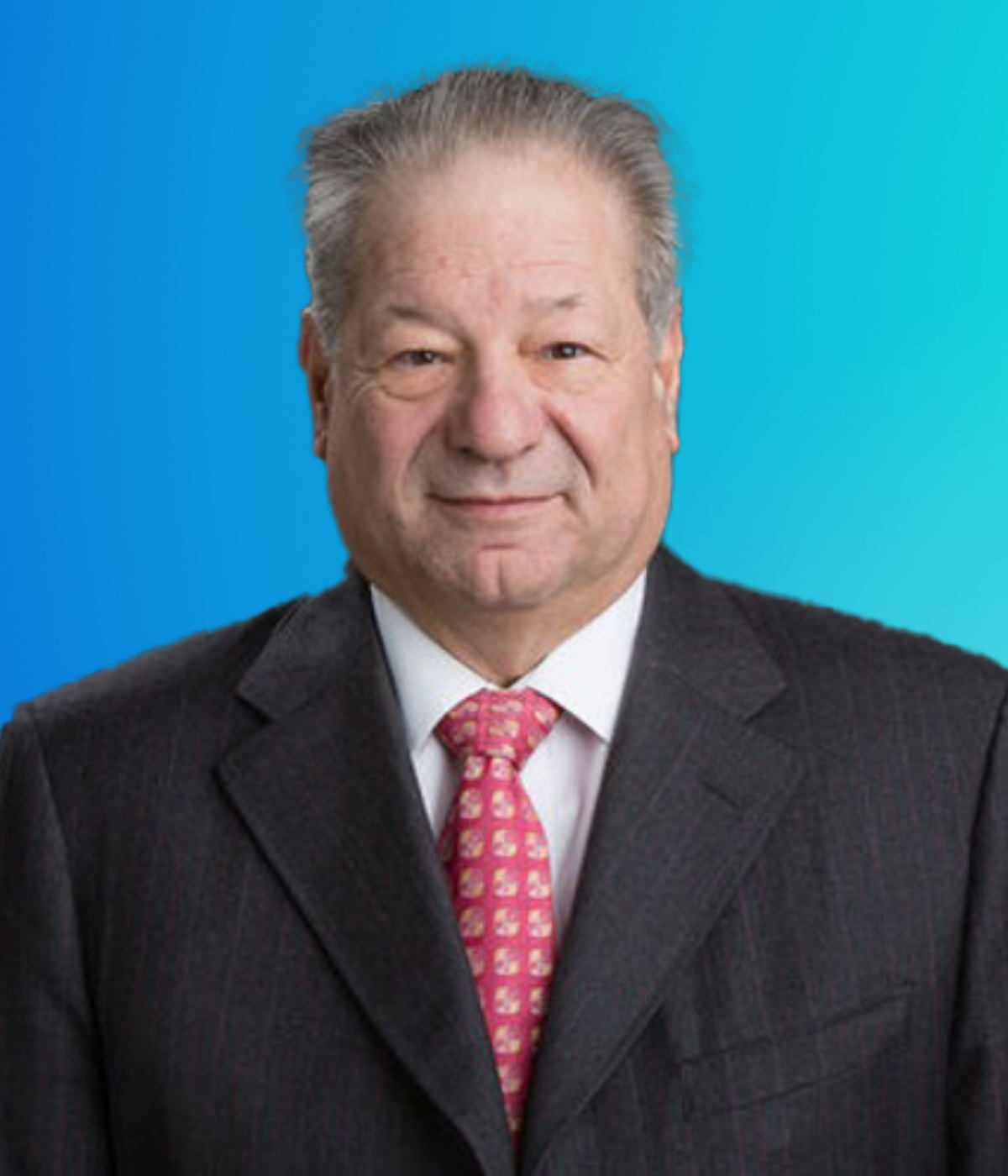

David Edwards, PhD
Scientist and Inventor
Long-standing professor of the practice of bioengineering at Harvard University
Founder of FEND and the new food concept Senses near MIT
“We are in a sensory disequilibrium with an altered environment. Basic processes of living – breathing, eating, sleeping, increasingly hurt us. Helping our bodies adapt in the near term is as critical as cleaning planetary air and water for generations to come.”
Omar M. Yaghi, PhD
James and Neeltje Tretter Chair Professor of Chemistry, University of California, Berkeley
Elected Member of the US National Academy of Sciences
“Humanity has never faced a problem that we could not solve when we committed resources and had the will to solve it. We need to care about the things that we do not see – we need to study those things and bring them fruitfully to society.”
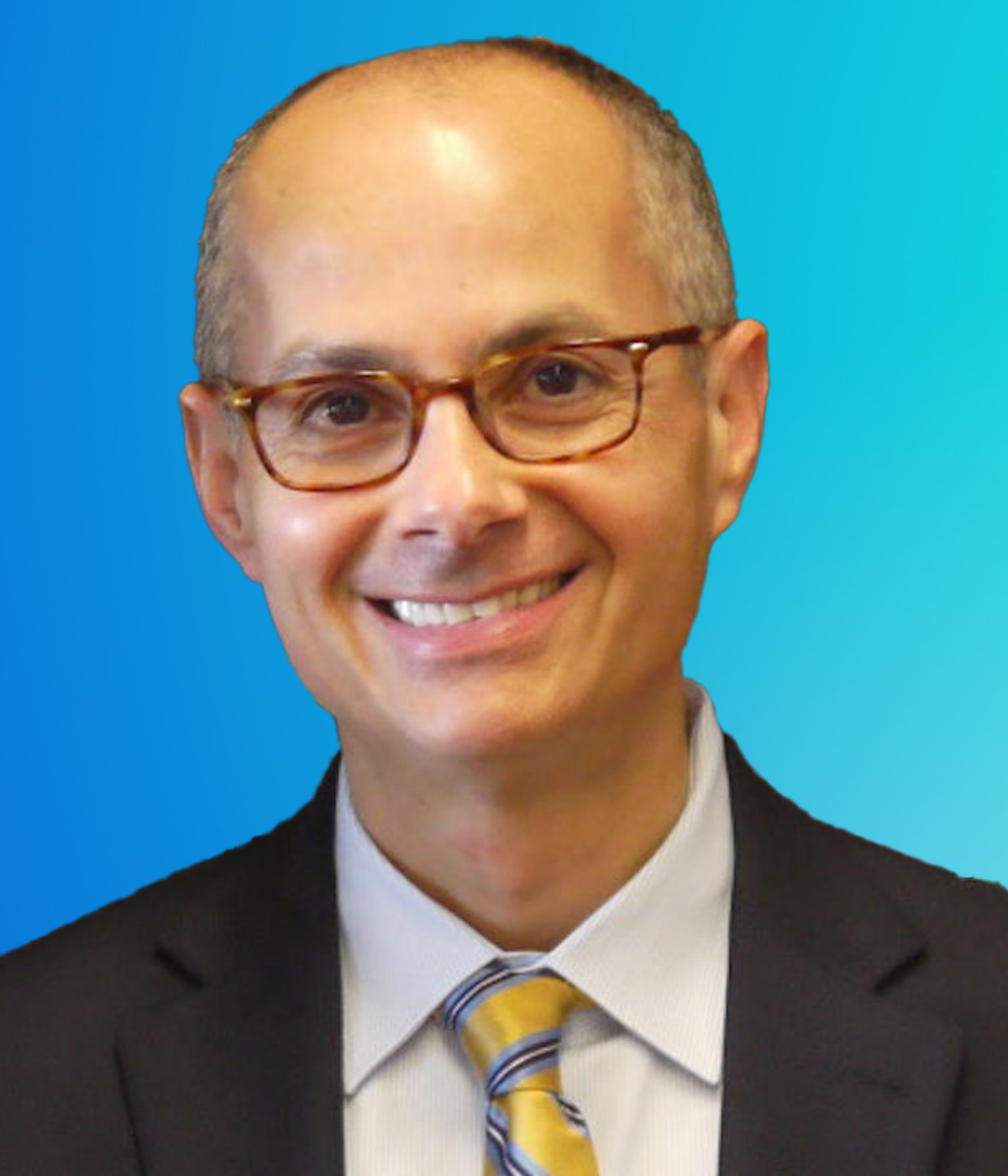
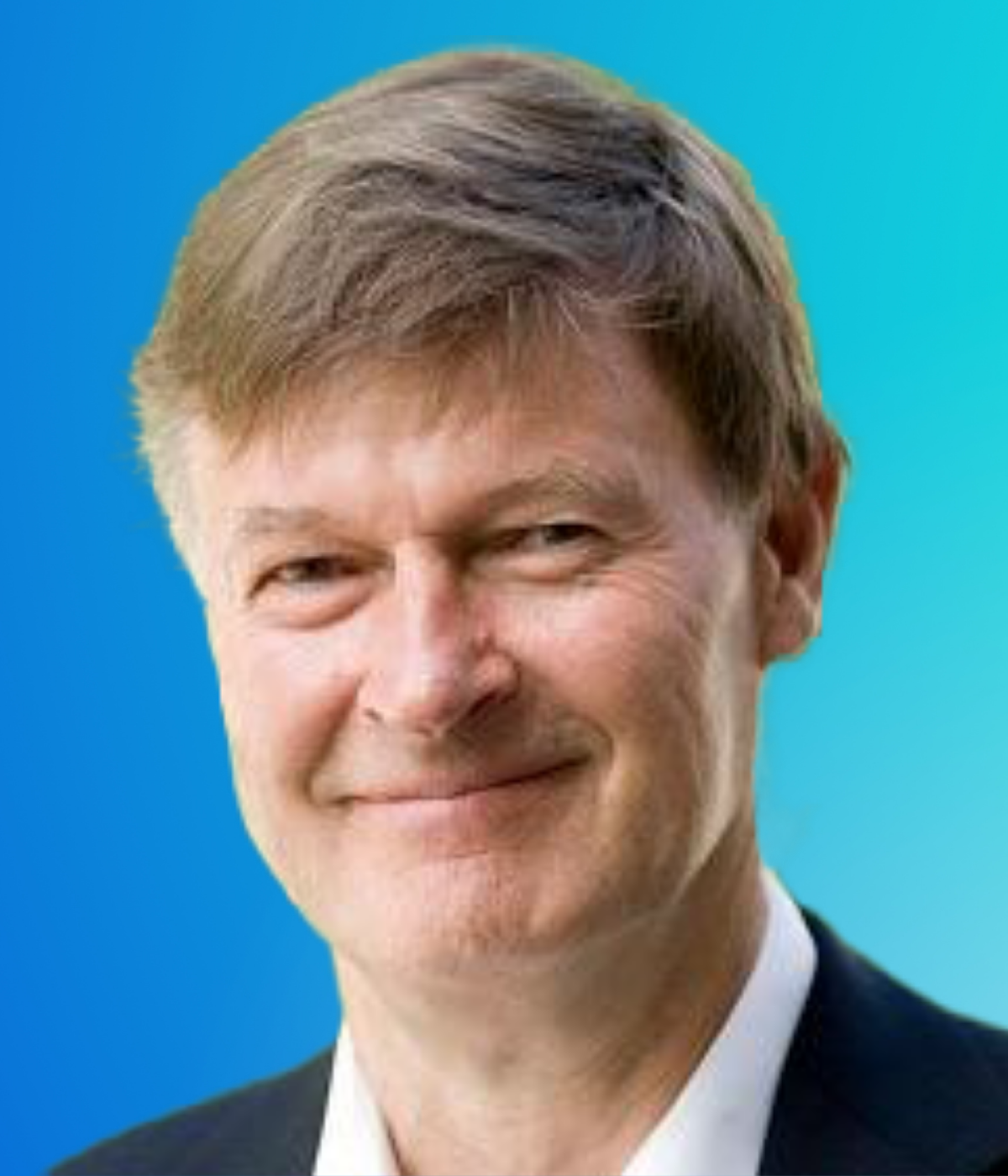
Bengt Norden, PhD
Physical Chemist, Royal Swedish Academy of Sciences
“I am optimistic about our possibilities to mitigate the challenges that currently trouble planet Earth. Already we know how to utilize solar energy to produce electricity and how to produce hydrogen gas by electrolysis of water, as well as how to combine hydrogen and carbon dioxide to make fuels that can be used for aviation propulsion. Eventually, fuel cells that combine hydrogen with oxygen from the air, and produce only water as exhaust will be used to run cars, this, once convenient ways for storing and distributing hydrogen are developed.”


